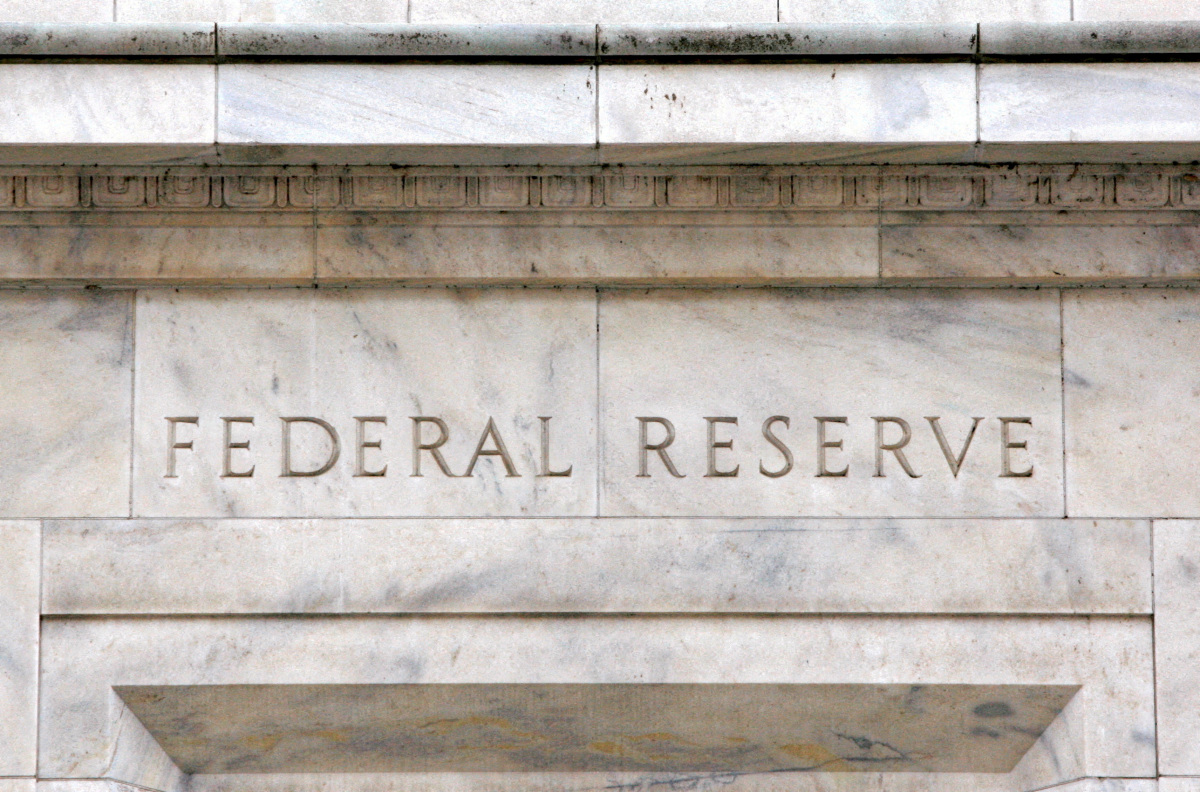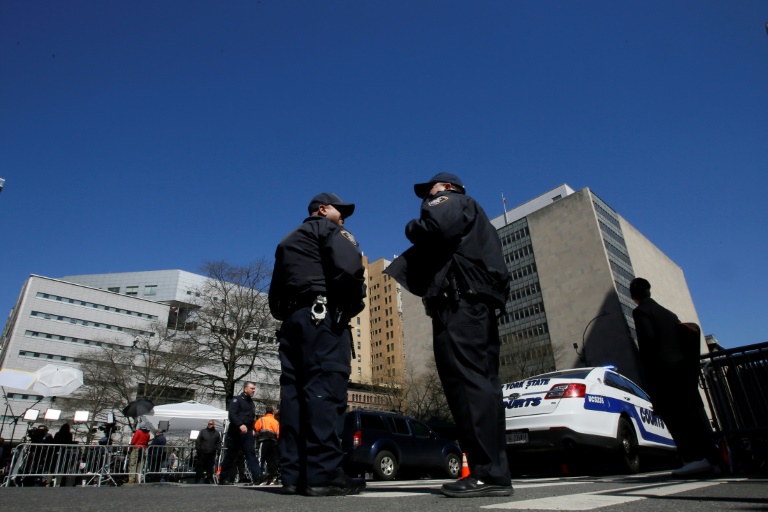Reuters
A key gauge of labor market tightness that Federal Reserve Chair Jerome Powell has cited throughout the central bank’s aggressive interest-rate hike campaign dropped to its lowest level since late 2021, a sign that a long-awaited cooling is underway and easing concerns borrowing costs will have to move much higher to bring down inflation.
Following the release of the monthly Job Openings and Labor Turnover Survey, or JOLTS report, investors upped their bets to a roughly 60% probability of no move following the May 2 to 3 meeting, compared to about a 43% chance the day before, based on pricing of interest-rate futures.
They also now expect the Fed will start easing policy as early as July, cutting its benchmark rate to near 4% by the end of the year.
The ratio of jobs to job seekers fell to 1.67 on the last day of February from about 1.9, the lowest level since November 2021, the Labor Department said in the report, a metric Powell and his fellow policymakers have been keenly following as they bid to sap the wind out of the labor market to bring inflation back to their 2% target rate without causing a recession.
Job openings, a measure of labor demand, also fell to its lowest level since May 2021 and data for January was revised lower to show 10.6 million job openings instead of the previously reported 10.8 million.
“The U.S. labor market is definitively cooling off,” said Indeed economist Nick Bunker, noting that job openings have now fallen by about 1.3 million in two months. “At this rate, we’d return to a pre-pandemic level of openings by this summer.”
Welcome relief on the job market front follows a key report last week that showed while inflation ebbed in February, it remained high enough to possibly compel the Fed to raise interest rates one more time this year.
A crucial reading on national payrolls for March will be released on Friday. The unemployment rate in February was 3.6%, still near a 50-year low.
At their March policy meeting, most Fed policymakers signaled they expected to need to raise rates one more time, to 5.1%, and not to cut them until 2024.
The chances of a 25 basis point hike had jumped on Monday as oil prices after a surprise announcement by OPEC+ to cut more production, seen likely adding to inflationary pressures.
But for Tuesday at least, the hope of some Fed officials that job openings can fall without what would typically be a rise in the unemployment rate, given the elevated level of job openings, gained steam, bringing them nearer to closing out their hiking cycle.
“The sharp fall in job openings in February shows that labour demand was cooling even before the recent banking turmoil and provides another reason to think that the Fed’s tightening cycle is nearly over,” said Andrew Hunter, deputy chief U.S. economist at Capital Economics.







